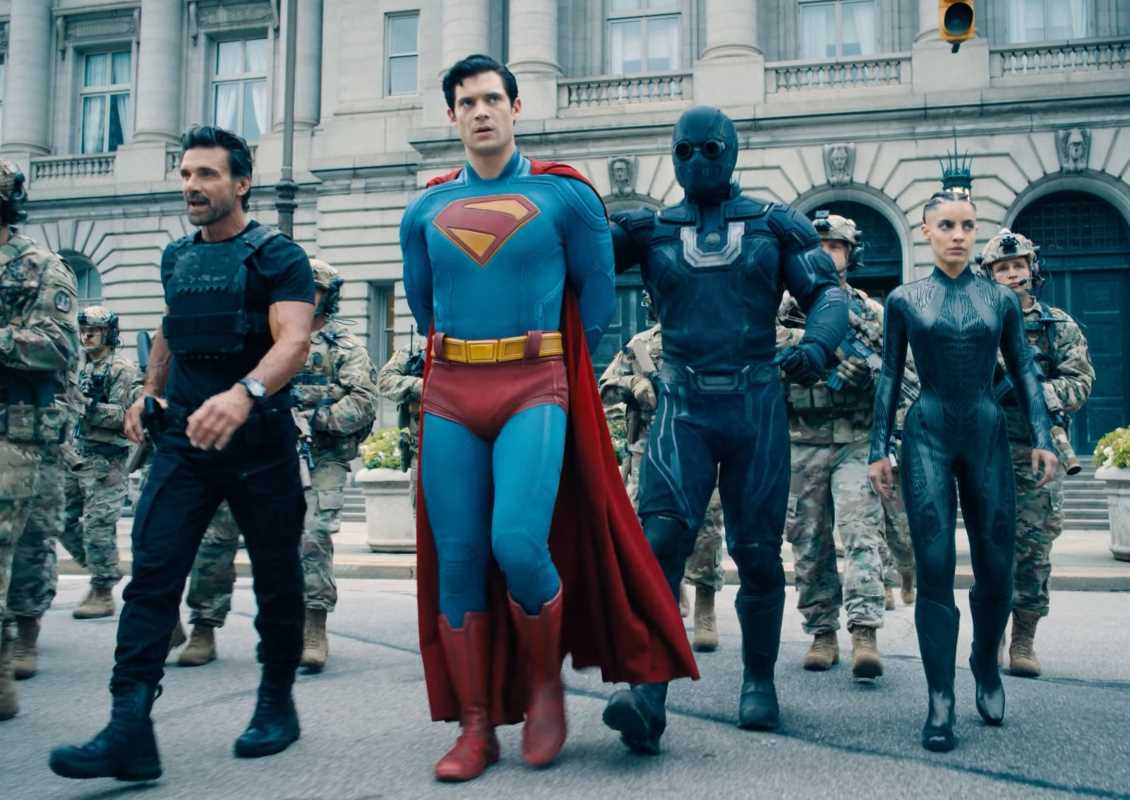Movies can entertain, inspire, and even educate. But some films go further, shining a light on serious issues that affect society. One such category of films focuses on corporate responsibility failures. These movies peel back the curtain on unethical practices, environmental disasters, labor exploitation, and other behaviors that put profit above people and the planet.
Through gripping storytelling, these films tackle the question of accountability. Why do some companies act irresponsibly? Who suffers because of their actions? And, most importantly, what can ordinary people do about it? From real-life documentaries to fictional stories inspired by true events, these films often leave audiences questioning their own role in holding corporations accountable.
If you’ve never thought much about how big businesses impact society, these films can serve as an eye-opening crash course. They weave investigative journalism, personal stories, and cinematic drama into compelling narratives that spark outrage and, hopefully, action.
Why Expose Corporate Failures Through Film?
Corporate wrongdoing is often hidden behind polished PR campaigns or buried in difficult-to-understand legal documents. While news reports and court cases play a crucial role in uncovering these issues, films make them relatable. A great movie uses visual storytelling, human emotion, and powerful dialogue to turn abstract problems into something real and urgent.
Many films focused on corporate responsibility failures highlight the human and environmental costs of greed. They show how everyday people’s lives can be upended by unethical decisions made in boardrooms. While these stories can be frustrating, they also empower viewers by revealing the truth and encouraging action.
Examples of Corporate Responsibility Failures
Before we explore specific films, it helps to understand what “corporate responsibility failures” actually look like. These are some common examples you might see portrayed in movies:
- Environmental damage caused by negligence or cost-cutting
- Exploitation of workers, including unsafe working conditions or unfair wages
- Misinformation or fraud, such as companies hiding damaging truths from the public
- Health and safety violations that harm consumers or employees
- Ethics scandals, like bribes or corruption
Now, let's look at how some of these issues are tackled in film.
Real Stories That Shocked the World
Nothing hits harder than a movie based on true events. Real-life stories of corporate scandals often carry undeniable weight, and filmmakers have used this to their advantage, turning dark chapters of business history into unforgettable films.
“Erin Brockovich” (2000)
If there’s one film that immediately comes to mind when talking about corporate irresponsibility, it’s Erin Brockovich. Based on a true story, the movie follows the titular character, played by Julia Roberts, as she uncovers a toxic water contamination cover-up by Pacific Gas and Electric (PG&E). Despite being an unlikely hero with no legal training, Erin uncovers evidence showing that PG&E knowingly contaminated the water supply in Hinkley, California, causing devastating health effects.
This film exposes the lengths some companies will go to hide their mistakes, while demonstrating the power of persistence and determination in holding them accountable. It’s an inspirational story about how even individuals without resources can take on massive corporations and win.
“Dark Waters” (2019)
Dark Waters, starring Mark Ruffalo, is another gripping true story. It chronicles attorney Robert Bilott’s decades-long fight against DuPont, a chemical company that knowingly polluted drinking water with toxic chemicals used in Teflon production. The film reveals the devastating health effects on both humans and the environment while showcasing the lengths companies will go to in order to protect their profits.
This movie shows environmental harm and sheds light on how corporations can manipulate the legal system to avoid accountability. By the end, it’s hard not to feel enraged by the failures of oversight that allowed such destruction to continue unchecked for years.
“The Big Short” (2015)
While The Big Short takes more of a comedic tone, it is no less impactful in exposing irresponsibility. This film dives into the 2008 financial crash, showing how big banks and financial institutions prioritized profit over the stability of the market and the well-being of millions of people. The characters, who predict the collapse long before most, become unlikely heroes as they uncover fraud and corruption throughout the system.
Although complicated financial jargon plays a big role, The Big Short cleverly breaks it down in ways audiences can understand (sometimes even with celebrity cameos to explain certain terms). It’s a stark reminder of how corporate greed and poor regulation can send shock waves across the globe.
Fictional Stories Rooted in Truth
Some films aren’t strictly based on true events but are deeply inspired by real-world issues. These fictionalized accounts often use dramatization to drive home their messages.
“The Insider” (1999)
The Insider tells the story of a whistleblower who exposes Big Tobacco. While the plot is fictionalized, it’s inspired by real events surrounding cigarette companies knowingly misleading the public about the health risks of smoking. Starring Al Pacino and Russell Crowe, the film showcases the emotional and psychological toll whistleblowers face when they go up against powerful corporations.
By focusing on the human side of corporate exposure, The Insider both informs and inspires viewers. It highlights the importance of transparency and the courage it takes to bring hidden truths to light.
“Promised Land” (2012)
Promised Land, starring Matt Damon, explores the controversial practice of hydraulic fracturing, or fracking. While the story is fictional, it mirrors real struggles faced by rural communities grappling with the environmental impacts of fracking. The film raises concerns about corporations exploiting small towns for profit without properly considering long-term environmental damage.
Through personal conflicts and emotional moments, the movie puts a spotlight on corporate manipulation and the difficulty rural areas face in standing up to big businesses.
Documentaries That Demand Action
Documentaries often serve as unflinching exposés of corporate failures. Unlike dramatized films, they rely solely on real footage, interviews, and hard facts to make their case.
“The Corporation” (2003)
This documentary dives deep into what drives corporations to act irresponsibly. Examining businesses through the lens of psychology, The Corporation argues that many behave like sociopaths, focusing only on profits and ignoring moral or ethical considerations. With numerous examples of environmental damage, worker mistreatment, and public deception, it’s a thought-provoking exploration of corporate behavior.
“Food, Inc.” (2008)
When it comes to uncovering unethical practices in the food industry, Food, Inc. is a must-watch. The documentary reveals how major corporations control much of the food supply and the devastating consequences for animals, farmers, and consumers. From issues like inhumane farming practices to the overuse of chemicals, the film challenges viewers to reconsider their food choices and demand better from these companies.
Why These Films Matter
Although films alone can’t solve the problems they highlight, they have a powerful role in raising awareness. They educate audiences who may not have known about these issues, inspire action, and pressure corporations to clean up their act.
Some practical steps you can take after watching these films include:
- Supporting businesses that prioritize ethical and sustainable practices
- Staying informed about corporate behaviors through news and advocacy groups
- Amplifying awareness by discussing these films and issues with others
 (Image via
(Image via





